A recent free Maternity, Midwifery & Baby Conference held in London offered an ideal opportunity for Bournemouth University to showcase two innovative projects. The first, co-presented by Dr. Sue Way and Sian Ridden, a 2nd year midwifery student, focused on a joint chiropractic and midwifery newborn clinic which was set up with Fusion principles in mind. There are a number of aims of the clinic, of which the main is to optimise women’s opportunities to breastfeed successfully by providing chiropractic care for babies and breastfeeding support and advice to mothers. There are two further important aims, one of which, is to enhance student (undergraduate midwifery students & chiropractic students) learning opportunities and secondly, to provide networking and collaborative opportunities for students and staff in relation to research and dissemination of findings around these particular topics. When it was Sian’s turn to present, she was confident and articulate. She discussed a case study and how her knowledge was enhanced by being part of the clinic. Sian found attending the clinics provided her with a great learning experience and it was empowering that she was able to provide breastfeeding support under the guidance of the experts in the respective fields (Alison Taylor and Dr. Joyce Miller). Preliminary breastfeeding results from the clinic are promising. More details to follow in due course. Finally the seminar concluded by discussing the re-launch of the clinic in September, and to raise awareness of the re-launch, a free local conference (funded by Fusion Funding) for the community will be taking place on the 12th July 2014. For further information on the above clinic or the conference please contact Alison Taylor on ataylor@bournemouth.ac.uk or Dr. Sue Way on sway@bournemouth.ac.uk .
 The second seminar presentation took place after lunch and it focused on a study which is currently taking place involving five 3rd year midwifery students and the feasibility of incorporating newborn infant physical examination (NIPE) competencies into the pre-registration midwifery programme. Traditionally these competencies are usually achieved post qualification when midwives have a number of years’ experience under their belt. However BU midwifery students felt differently and Luisa Cescutti-Butler discussed how the study was initiated by Luzie who asked the question: “why couldn’t they learn all the necessary skills in the third year of their programme”? Luzie took to the podium and presented her section like a duck to water. She didn’t shy away from the difficulties from taking this extra study on, but was quite clear that the benefits for women in her care were worth the extra work. The presentation generated quite a lot of heated discussion with some midwives in the audience quite adamant that students should not be taking on this ‘extended’ skill. However Luzie was able to stand her ground and confidently counter ague as to why students should gain these skills during the undergraduate programme. She received a resounding clap and cheers from the audience.
The second seminar presentation took place after lunch and it focused on a study which is currently taking place involving five 3rd year midwifery students and the feasibility of incorporating newborn infant physical examination (NIPE) competencies into the pre-registration midwifery programme. Traditionally these competencies are usually achieved post qualification when midwives have a number of years’ experience under their belt. However BU midwifery students felt differently and Luisa Cescutti-Butler discussed how the study was initiated by Luzie who asked the question: “why couldn’t they learn all the necessary skills in the third year of their programme”? Luzie took to the podium and presented her section like a duck to water. She didn’t shy away from the difficulties from taking this extra study on, but was quite clear that the benefits for women in her care were worth the extra work. The presentation generated quite a lot of heated discussion with some midwives in the audience quite adamant that students should not be taking on this ‘extended’ skill. However Luzie was able to stand her ground and confidently counter ague as to why students should gain these skills during the undergraduate programme. She received a resounding clap and cheers from the audience.
It takes some courage to stand up in a room full of people and present, and Sian and Luzie were brilliant. Both students did Bournemouth University and in particular the midwifery team proud. For further information on the above study please contact Luisa Cescutti-Butler on lcbutler@bournemouth.ac.uk

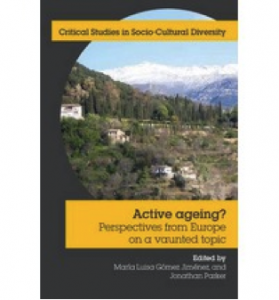

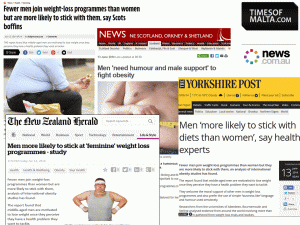
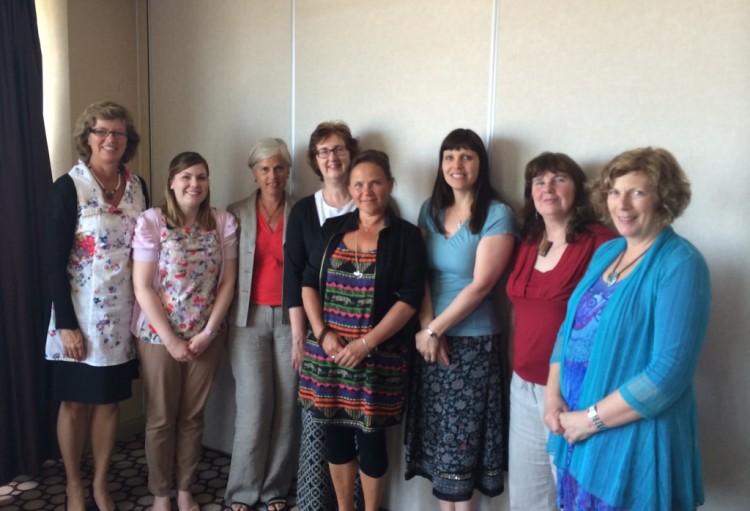


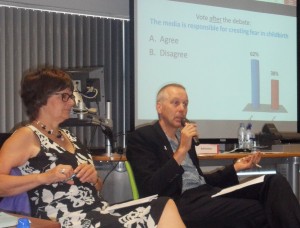
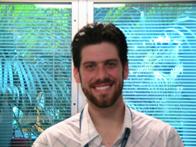

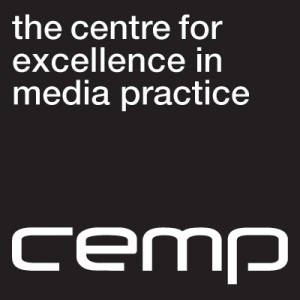



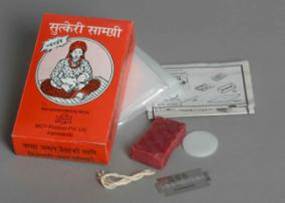


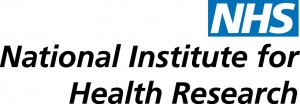
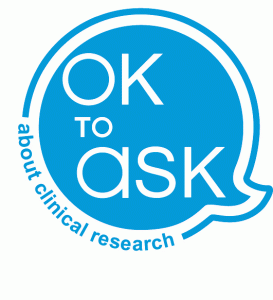
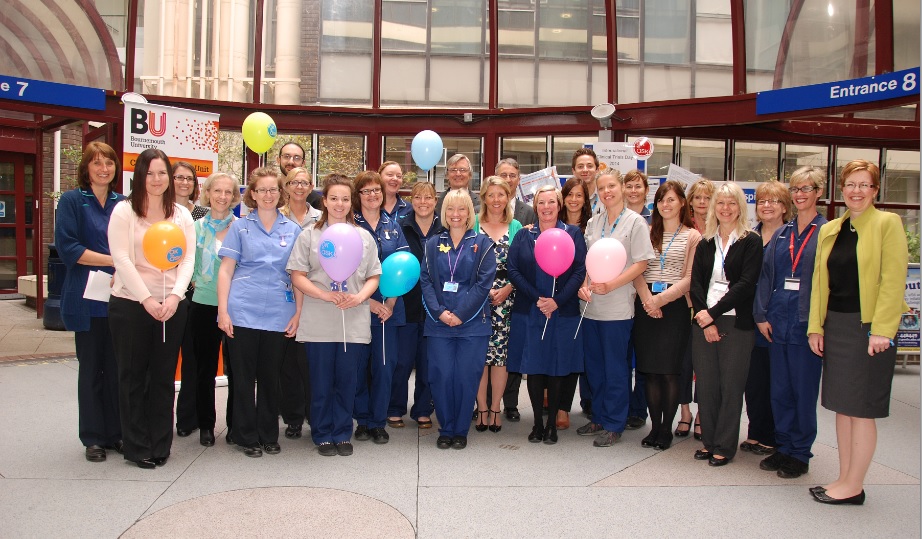

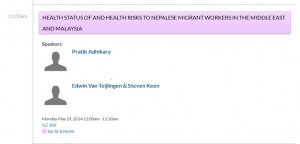












 REF Code of Practice consultation is open!
REF Code of Practice consultation is open! BU Leads AI-Driven Work Package in EU Horizon SUSHEAS Project
BU Leads AI-Driven Work Package in EU Horizon SUSHEAS Project Evidence Synthesis Centre open at Kathmandu University
Evidence Synthesis Centre open at Kathmandu University Expand Your Impact: Collaboration and Networking Workshops for Researchers
Expand Your Impact: Collaboration and Networking Workshops for Researchers ECR Funding Open Call: Research Culture & Community Grant – Apply now
ECR Funding Open Call: Research Culture & Community Grant – Apply now ECR Funding Open Call: Research Culture & Community Grant – Application Deadline Friday 12 December
ECR Funding Open Call: Research Culture & Community Grant – Application Deadline Friday 12 December MSCA Postdoctoral Fellowships 2025 Call
MSCA Postdoctoral Fellowships 2025 Call ERC Advanced Grant 2025 Webinar
ERC Advanced Grant 2025 Webinar Update on UKRO services
Update on UKRO services European research project exploring use of ‘virtual twins’ to better manage metabolic associated fatty liver disease
European research project exploring use of ‘virtual twins’ to better manage metabolic associated fatty liver disease